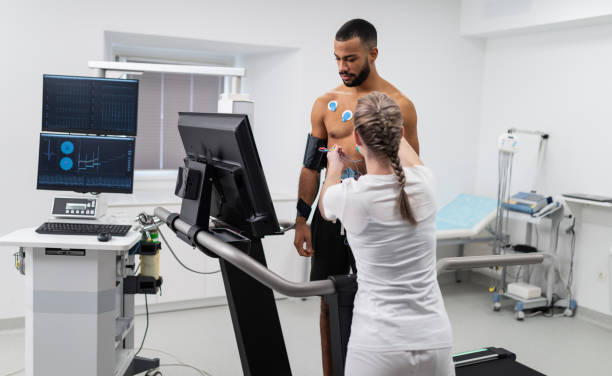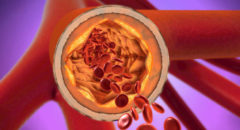
Congratulations on surviving a heart attack! Your journey to recovery is a significant milestone, and now it’s time to focus on rebuilding your strength and improving your overall heart health. One of the most valuable resources available to you is cardiac rehabilitation. In this article, we’ll explore what cardiac rehab is, why it’s essential, and how it can help you regain your health and confidence.
Understanding cardiac rehabilitation
Cardiac rehabilitation, often referred to as “cardiac rehab,” is a medically supervised program designed to help individuals recover from a heart attack or heart surgery. It’s a comprehensive approach that combines exercise, education, and support to improve your cardiovascular health and reduce the risk of future heart problems.
About 800,000 people in the United States have a heart attack every year, about one-quarter of whom have already had a heart attack, according to the U.S. Centers for Disease Control and Prevention.
But research has found that participating in cardiac rehabilitation decreases the chance you will die in the five years following a heart attack or bypass surgery by about 35 percent.
RELATED: Cardiac Rehab: A Crucial Step Towards the Road to Recovery
How does it work?
Cardiac rehab works by strengthening the heart and body after a heart attack. It can relieve symptoms of heart problems, such as chest pain.
These programs are often done in a hospital or rehabilitation center. Some programs can be done at home. Rehab may start while you are still in the hospital or right after discharge.
A rehabilitation program usually lasts about three months but can range anywhere from two to eight months, the CDC noted in a news release.
Many insurance plans, including Medicaid and Medicare, cover it with a doctor’s referral. Your doctor can tell you more.
Supervised cardiac rehabilitation includes physical activity and education about healthy eating, how to take medication as prescribed and








